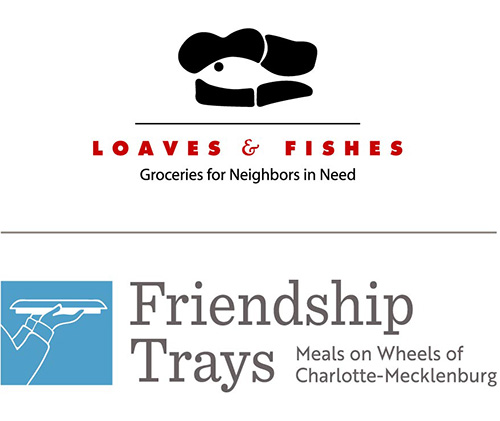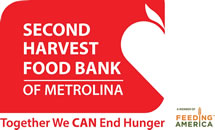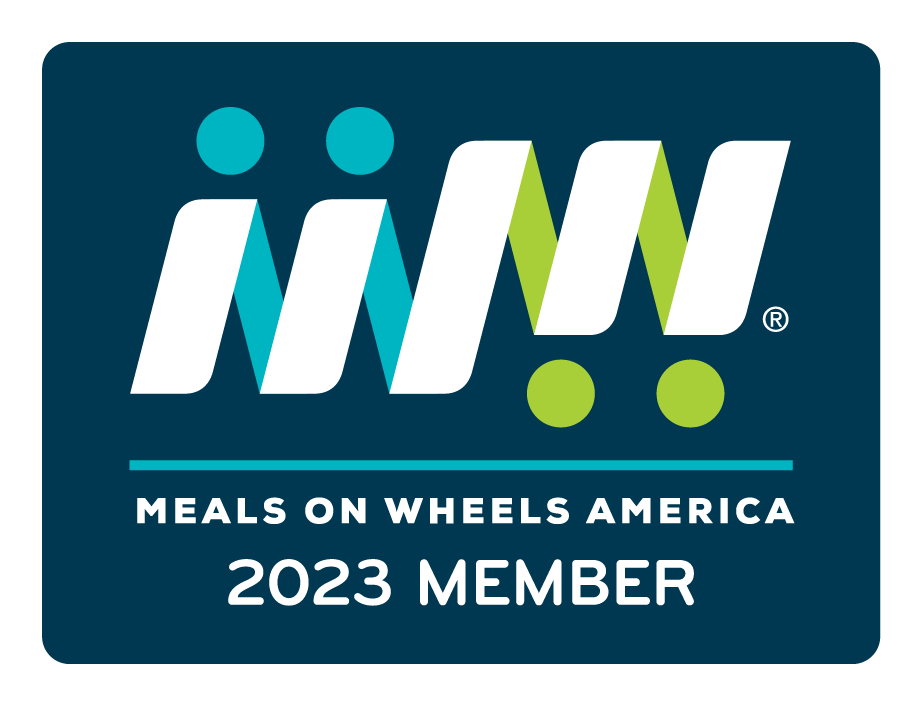‘I felt helpless’: More Charlotte Latinx families go hungry, rely on food pantry – The Charlotte Observer
The Charlotte Observer
Loaves and Fishes helps to bridge local food insecurity
Loaves and Fishes food pantry is preparing to see an uptick in food distribution in the wake of diminished government assistance during the COVID pandemic.
Until about a week ago, Olga Castaneda’s three sons sometimes had to go to bed with their stomachs growling.
Castaneda and her husband lost their jobs in March due to the pandemic. For the past four months, she’s been relying on churches and neighbors to feed her family.
On Thursday morning, she was at one of Loaves & Fishes’ “food share” locations, where customers can pick up a limited amount of food, when she found out about their referral program that allows certain people in need to pick up even more food more often.
Immediately, Castaneda started crying out of relief. She was finally going to be able to feed her family.
Communities across the country and in North Carolina, one of the hungriest states in the U.S., have felt the impact of COVID-19 at their dining tables. In Charlotte, about 15% of families experience food insecurity every year, and those numbers have rocketed up as unemployment rates soar. But the city’s Latinx population might be experiencing food insecurity disproportionately during the pandemic.
Tina Postel, executive director of food pantry Loaves & Fishes, said their data indicate that the number of Latinx people needing their services has nearly tripled since the pandemic’s start. And with additional federal unemployment benefits having ended in July, Postel said the pantry is prepared for a possible surge in need. But she’s confident they’ll be able to provide Charlotteans with the food they need in the coming weeks and for the foreseeable future.
“In Charlotte, we have a livable wage problem and an affordable housing problem, so Loaves & Fishes is going to be in business for a really long time,” she said. “Until we solve all of these other interconnected things, we’re going to be feeding hungry neighbors in need for some time to come.”
AT THE WAREHOUSE
Oranges, salad mixes and cereal fill the cardboard boxes being arranged by Loaves & Fishes volunteers Thursday morning as music plays throughout the warehouse.
One by one, cars back up into the warehouse’s loading dock, volunteers fill the trunks, and drivers take the food to families all over Mecklenburg County.
The food delivery program is just one of the ways Loaves & Fishes has changed its services to better suit families’ needs during the pandemic.
“Bills don’t stop, even though your income might be reduced,” Postel said. “Anytime there’s an increase in unemployment, that’s going to coincide with an increase in food insecurity.”
The food pantry has been around for 45 years and, pre-COVID, served about 1,000 people a week at 41 brick-and-mortar locations throughout the county. The number of people in need has since doubled, and the organization has switched to only serving families through mobile food pantries, often in the parking lots of their brick-and-mortar locations. Families require a referral for these drive-up locations, where their cars are packed with fresh produce as well as non-perishable items for each member of their family.
In addition to mobile food pantries, the organization also distributes food directly to families in need who are homebound, ill or lack access to transportation, and it runs a “food share” program, which does not require a referral but only provides fresh produce.
Aimee Baldwin, one of the pantry’s several dozen volunteers, said she felt compelled to volunteer, knowing Charlotte’s high poverty rate. She delivers food for a couple of hours once a week.
“I wanted to figure out how I could help,” she said. “It’s easy enough to do … and it’s been really heartwarming.”
The pantry commonly serves mostly Black families in need, Postel said, but that has changed since March. According to their numbers until June, half of their clients were Latinx, nearly a 35% uptick from the same time last year.
This comes as no surprise to Jose Hernandez Paris, executive director of Charlotte’s Latin American Coalition. He said the organization has been inundated with calls since the pandemic’s start from families with financial, food and communication problems.
“Families have to make a difficult choice. You make the choice to stay home, but you have to find a way to take care of your basic needs,” he said. “If you can’t afford that, then you have to go work, and when you go work, you expose yourself and many undocumented folks. That’s when the number increases. Then, you can’t go to work.”
The Latinx community in Charlotte has been disproportionately infected with the virus. Hispanic residents make up nearly a third of Mecklenburg’s coronavirus cases, but only account for 14% of the county’s population. According to county officials, the high rate is partially due to “targeting testing occurring in neighborhoods with lower access to care,” as well as Hispanic residents living in larger households and working at essential jobs.
Additionally, Hernandez Paris said the language barrier prevents many residents from understanding the options they do have if they run into financial difficulties, and some are afraid of applying for benefits in fear of “how it may be used against them.” The additional $600 being provided to those who are unemployed during the pandemic ended last month.
“People can’t stay above water,” Hernandez Paris said.
AT THE CHURCH
About 20 families wait in their cars in the parking lot of Eastern Hills Baptist Church, one of the food pantry’s mobile locations, on Thursday afternoon. The vehicles stretch into Albemarle Road and occasionally block traffic.
Chasidie Glover is one of the volunteers outside directing cars. Her eyes keep darting to the end of the line — it’s clear she’s anxious.
She’s waiting on Castaneda to arrive. Glover was the volunteer who told her about the referral program and encouraged her to come during their emotional encounter.
“One of her sons was with her, and when he said this morning that sometimes they have to portion out food to make it last, the tears started coming,” she said. “There’s so much more we can do for them. That’s why I made the referral.”
Glover said that even though the pantry serves many people in Charlotte, there are thousands more that probably need help. She said she thinks they just don’t understand the process or are intimated to ask for help.
Lupita Hall had no idea what food pantries were four months ago. She said she now encourages everyone she knows in need to take advantage of what Loaves & Fishes offers.
After 22 years working at the Sheraton Hotel near Charlotte Douglas International Airport, Hall was laid off for the first time in March. Her husband followed soon after. Though they were managing to feed their family, it was still a struggle.
“We were scared and just praying a lot,” she said. “We were using the little bit of savings we had, and grocery costs were going up because we were all at home.”
She used Charlotte-Mecklenburg Schools’ summer meal program to feed her kids and was panicking about what to do when it ended. But on the last day of the program, a volunteer handed her a bright yellow flyer with information about Loaves & Fishes.
When she arrived at one of their mobile locations, volunteers stuffed her trunk with six boxes of chicken, tuna, fruit, vegetables, turkey and ground beef — more than enough to feed her family for two weeks. So she told two of her friends to come over and shared with them.
“Before, I felt helpless,” she said. After she came home with the food, she said, the looks on her kids’ faces were priceless. “They were so excited. It feels so good, giving to them and sharing with friends. That was the best feeling.”
Castaneda was in one of the last cars to pull up, to Glover’s relief. When she saw how much food was put into her car, she started crying again, profusely expressing her thanks.
“I feel very peaceful now,” she said.
Article by Devna Bose, Reporter for The Charlotte Observer
 menu
menu




